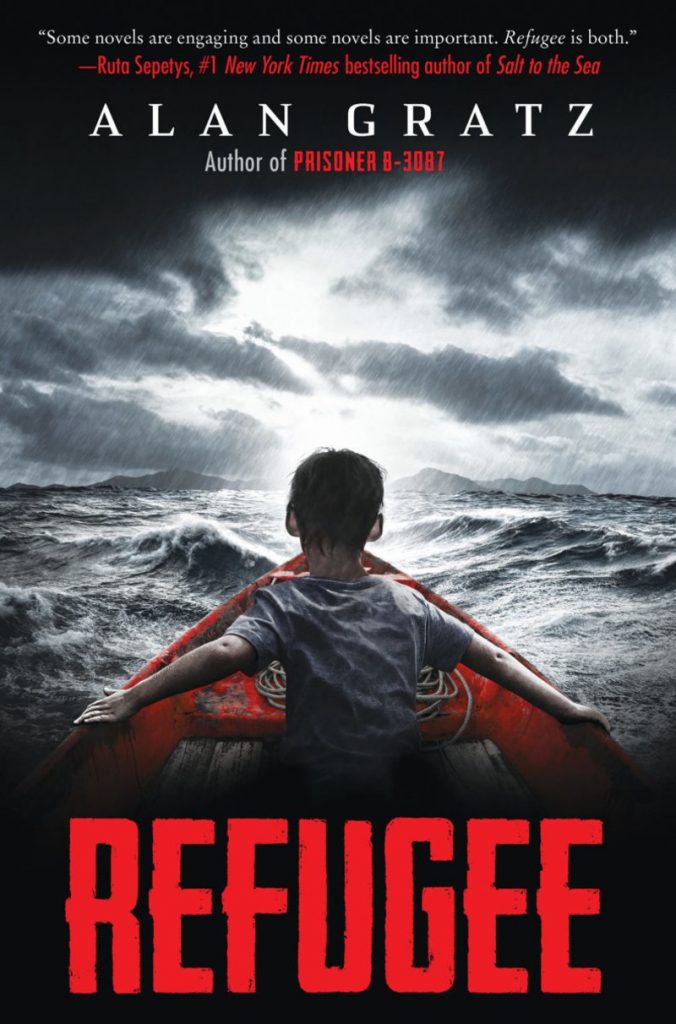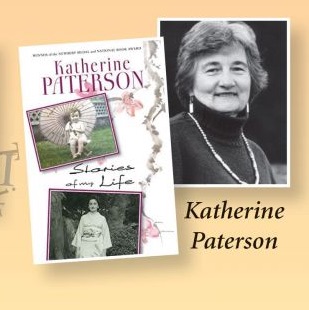
CERCLL offers a professional development opportunity in the form of a 3-day summer institute, Reading Globally: Critical Issues in Global Literature for Children and Adolescents.
Participants will explore current trends in global literature for children and adolescents, examine critical issues and approaches to analyzing these books, and experience strategies for critically engaging with global literature. We will use the Worlds of Words collection to immerse ourselves in a wealth of global literature as well as to delve deeply into key books to develop our own critical understandings and to consider how to invite students into a critical reading of the word and the world. An additional component will be interactions that pair classic, well-known texts often used in elementary and secondary classrooms with global children’s and adolescent literature to expand the curriculum and include global perspectives.
The institute will be interactive and include presentations by experts in global literature and authors of global books along with time for browsing and reading books, engaging in literature circles, and discussing classroom connections. There will also be breakout sessions where participants share their work with global literature with each other.
Mitali Perkins will join us on Monday, June 25, and Duncan Tonatiuh will join us on Tuesday, June 26, to interact throughout the day and present on global issues related to their books. Mitali Perkins writes middle grade novels that cross global cultures, including You Bring the Distant Near, Rickshaw Girl, Bamboo People and Tiger Boy. She was born in Kolkata, India, lived in many places around the world, and currently resides in San Francisco. Duncan Tonatiuh is an author/illustrator who is both Mexican and American, growing up in San Miguel de Allende, Mexico. His artwork is inspired by Pre-Columbian art, particularly that of the Mixtec codex. His picturebooks include Danza, The Princess and the Warrior, Funny Bones, Pancho Rabbit and the Coyote, Diego Rivera and Salsa.
Continuing Education Certificates are provided for the institute for a total of 18 hours.
Registration Information:
Registration is limited to 60 people. Until May 31, the fee for the institute is only $100 and includes lunch. (The registration fee increases to $140 on June 1st.) You may register as an individual or for a group.
For more information, visit: http://cercll.arizona.edu/2018/03/19/2018-summer-institute/


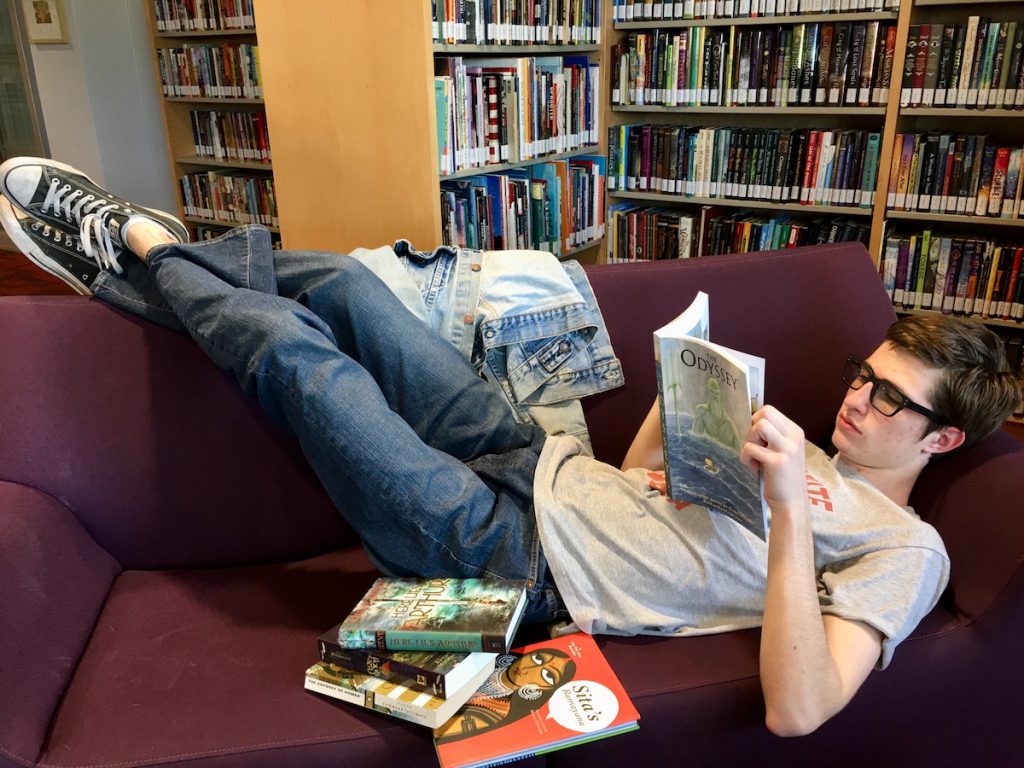
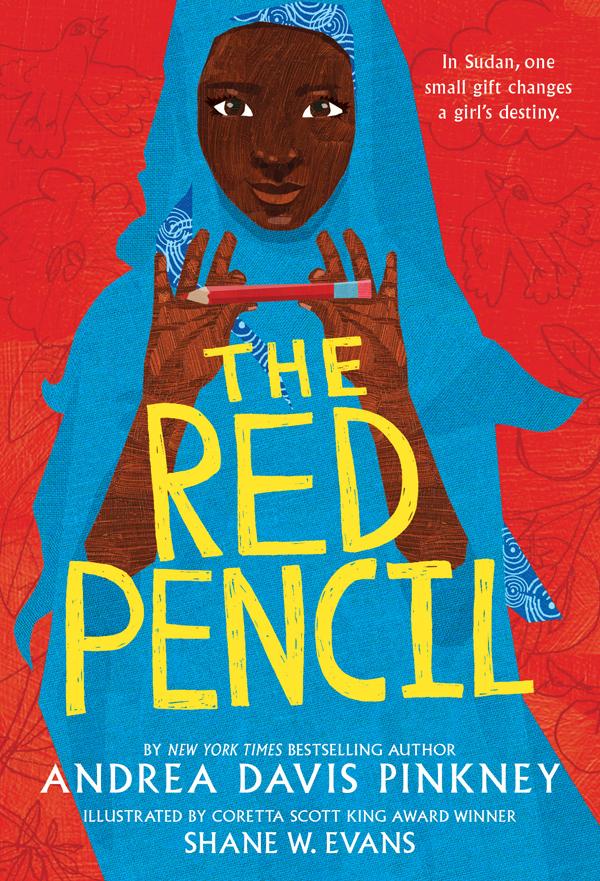
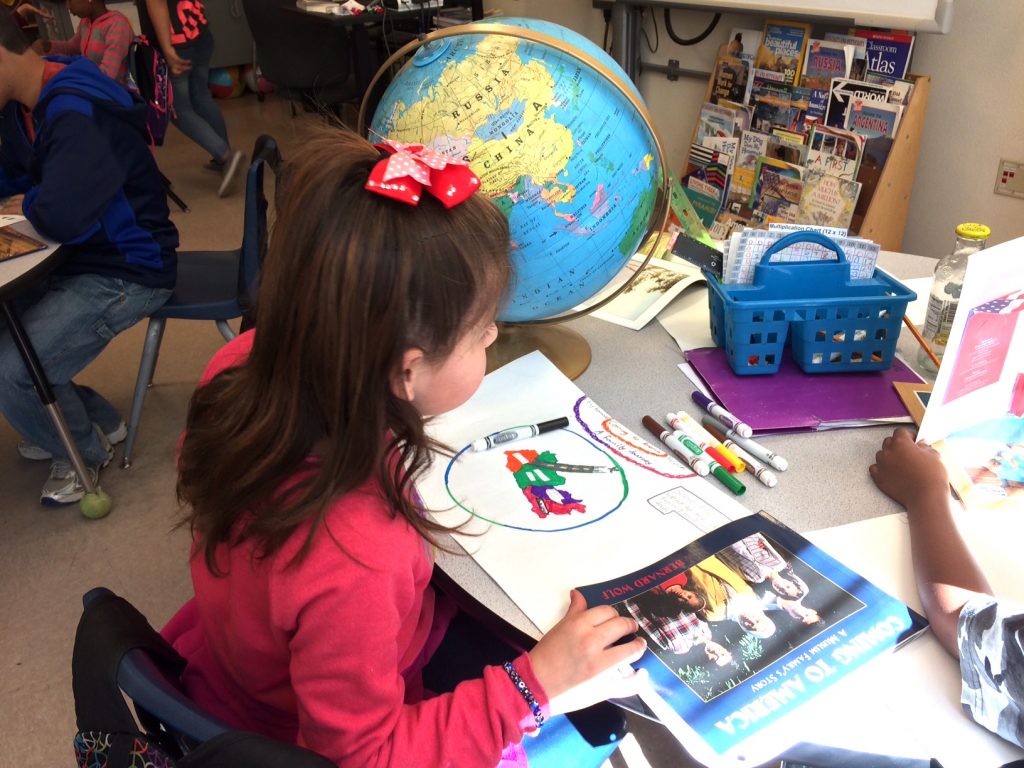
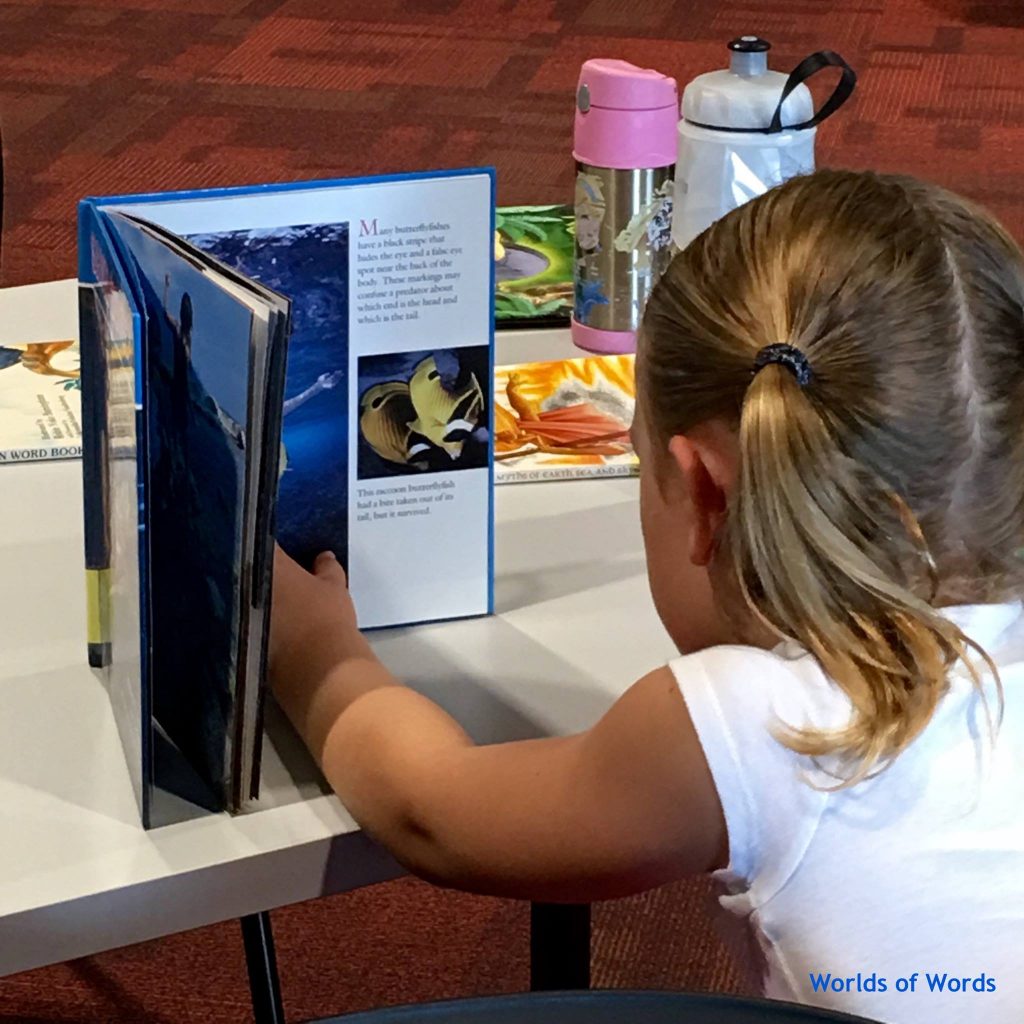

 Kathy G. Short presents Reading Globally at the
Kathy G. Short presents Reading Globally at the 
